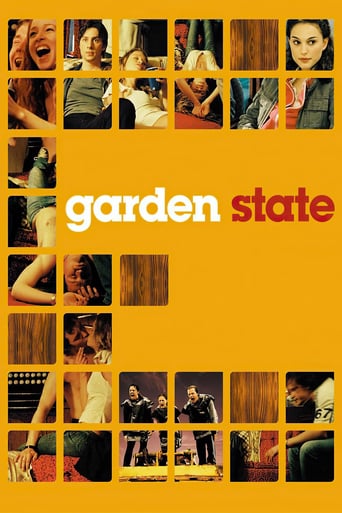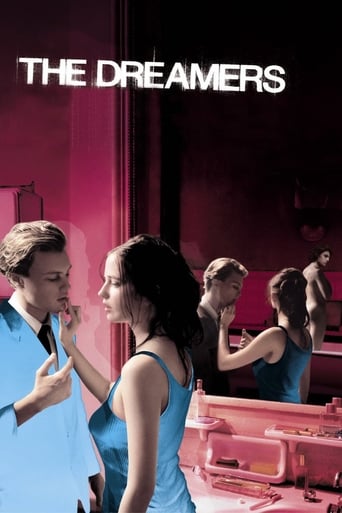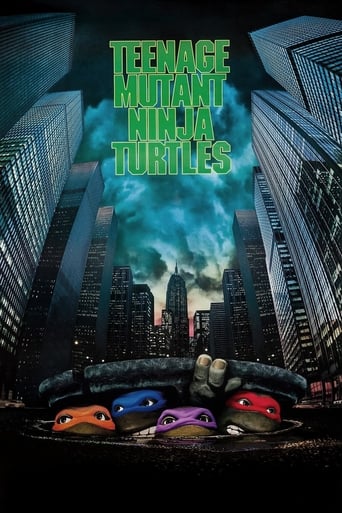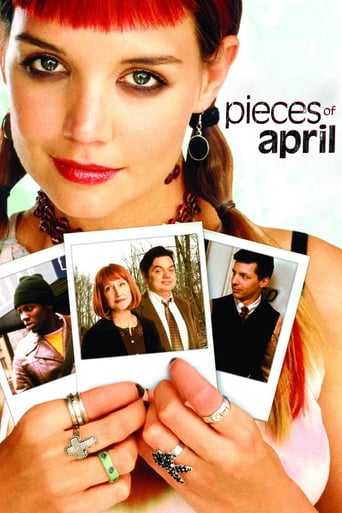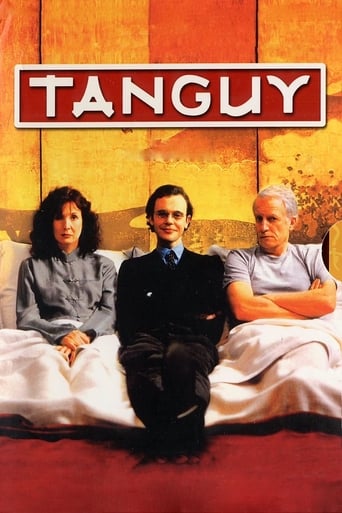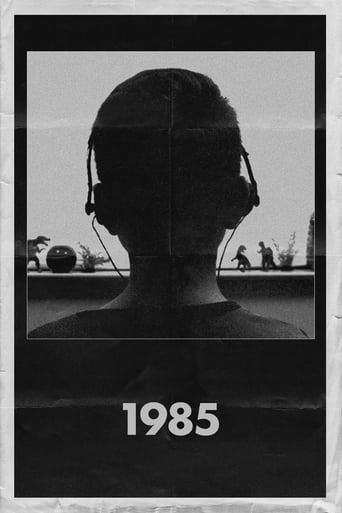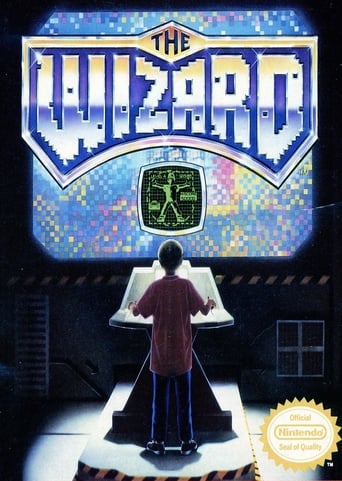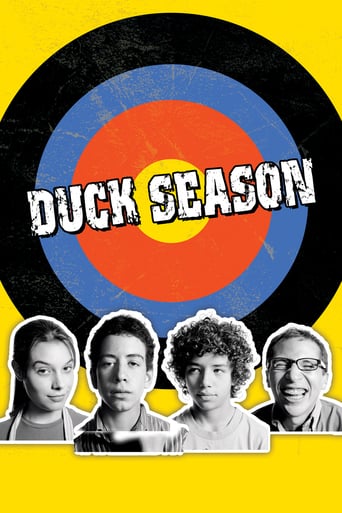
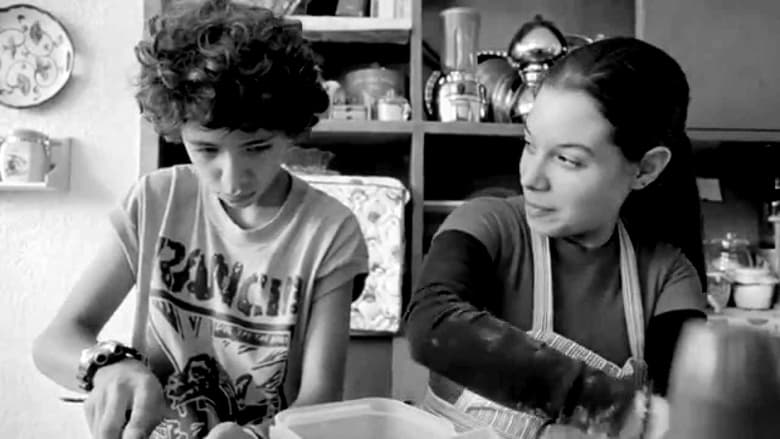
Duck Season (2004)
Flama and Moko are fourteen years old; they have been best friends since they were kids. They have everything they need to survive yet another boring Sunday: an apartment without parents, videogames, porn magazines, soft drinks and pizza delivery.
Watch Trailer
Cast


Similar titles
Reviews
I'm not quite sure that I can make any definitive remarks about this movie. My feelings are rather ambivalent and I'm not sure exactly what to think. It was entertaining to watch but I don't think I'd ever want to see it again. With each even that happens I was left thinking "What?!?" The movie was strange and often confusing, some things just didn't make any sense. The randomness lead to it being comical at some points. The story of four lives becoming intertwined and involved for a single day is intriguing and keeps the attention of the viewer. The four are brought together by a lack of power, meaning electricity in the building, but perhaps there is a bit of a play on words. Each person, we come to find out, struggles with feelings of impotence and an inability to change their less-than- satisfactory situation.
I'd like to apologize to the whole world on behalf of whoever came up with the idea of making this lousy movie. I'm Mexican, I beg you not to believe all Mexican are as stupid as the actors were. I just hated the movie. So dull, so boring and stupid. Yeah, the Black & White effect gives it a special touch but, personally, it's the worst movie I've ever seen. The story is everything but interesting, everything goes on so slowly you feel like banging your head against the screen until you crack it, just to see if adding some red color things spice up a bit. No luck, though. (I can't figure out how did it get a 7+ rating, honestly)
I've seen lots of Mexican films, but after living in the biggest and most populated city of the world, even though many films are great, they don't show exactly the reality of living here. "Y tu mamá también" is a good example of this: even though the film is great, the reality of the country and its people is entirely different. So after listening and reading very good comments of Temporada de Patos (Duck season), I finally had the chance to see it. Even though I am not a boy or I was not a girl that would prepare marijuana brownies when I was a teenager, the film entirely reminded me my life about ten years ago. Helped by the photography (which is awesome)it shows with just the necessary dialogs the feelings, doubts and thoughts of Mexican puberty. And also there is a pizza guy that at the end becomes one more of the "apartment Sunday junky gang" that for many people would not be entirely credible, but for me it is, because when you are a medium class Mexican teenager, and you are able to save the few money you would spend on a pizza you will do it. The way they handle doubts as sexuality, drugs, relationship with the parents, friendship, junk food and things like that is excellent. The flashbacks are great, the way they handle the "trip" with marijuana is also excellent, the dialogs and the music too. I would absolutely recommend anyone to see it because it is viewable for all the ages, and it will remind our early teenager days to any adult who watches it.
Temporada de patos has gone the rounds of fests and swept the Mexican equivalent of the Academy Awards. Being a minimalist at heart, I don't know why people keep saying this is "a slight conceit" and "not much happens" and stuff like that. Not much happens in Samuel Beckett's Endgame and Waiting for Godot either -- except a consideration of the most important questions about existence. Cut out the crap, and you may be left with the good stuff. It's been said that the dumb silences in Jarmusch are smarter; I don't think so; they're just hipper-looking. This is a not a movie about hipness, but about everyday life, and its moments of transition, focused on a couple of fourteen-year-olds in a middle class apartment in Mexico City on a Sunday and a pizza man who stays to argue over getting paid and a sixteen-year-old girl from next door who stays to do some baking because her oven isn't working and, let's face it, she's lonely. Actually almost nothing happens in Antonioni's L'Avventura either but it was given a famous award at Cannes for inventing "a new cinematic language." In fact real time, and the reduction of eventfulness typical of real life, are so rarely expressed in cinematic language it seems something quite new when they are, and this, to me, is the virtue of Duck Season -- as well as its sincerity and, despite its modesty, its emotional validity. Mexico loved Duck Season but in America it's politely nodded to but then everyone has to say "it's a slight conceit." The thing is, Antonioni's L'Avventura contained not only adults, but elegant Italians, including Monica Vitti. It's not such a pleasure to look at Moko (Diego Cataño) and Flama (Daniel Miranda). Flama's nervous mama leaves them to an Sunday of Slayer and large lovingly poured glasses of iced Coca. Do you remember that Coca Cola used to have cocaine in it? It's obvious that Moko and Flama are getting hopped up. But then the electricity goes off. Minimalism is like Zen meditation. If you think of nothing, if you stop and sit, if you simply count to ten over and over, you will open the doors of perception. That electrical shutdown stops the action. Periodically Duck Season does that. Duck Season is a boring movie. But it's also an adorable movie (I think that's why it made the sweep of the Mexican awards). Beckett's plays are boring too. But they're also hilarious, tragic, and profound. Funny what all you can do with nothing. Duck Season encourages close observation. It begins with a series of static shots of middle-distance scenes around the apartment complex where the action, in black and white, occurs. These set us up to appreciate the value of stillness. But the movie is a joke. Flama's mom keeps coming back worried that something hasn't been turned off. When she's finally gone the boys peek out and scream with delight. The joke is that their fantasy perfect Sunday isn't going to happen. The non-stop Slayer action is constantly interrupted. Duck Season makes a bad painting of birds in flight into a huge symbol. Flama's parents are involved in preparing for a bitter divorce, and the painting is one of the biggest bones of contention. Flama's own imbitteredness is reflected in his mastery of the cruel put-down. Curly-haired, cupid-lipped Moko has been his pal forever. It's not clear whether Moko gets turned on by Flama or it's merely that all his memories of getting turned on involve Flama because they're always together. Director Fernando Eimbcke worked with the young actors to invent his plot. There are in fact many films where nothing happens and they are the hardest to describe, because "nothing happens" means that every tiny detail is a plot element. The pizza man works for a company that pledges no charge if delivery isn't within half an hour. Ulises (Enrique Arreola) is so named because he's sidetracked on his journey and almost never comes back from it. Flama insists he's over the thirty-minute zone by eleven seconds. Ulises challenges that claim but Flama won't pay so the delivery man stays on to play a soccer video game to see who wins. When Rita (Danny Perea) serves them all marijuana brownies, they're deep in Lotusland and nobody's going anywhere for a good long while: the high expands the time that was already stretched for us by being slowed down. Using Ulises as the exemplary traveler, Eimbcke slyly points out that getting stuck is part of any serious journey. He paints well enough with the personalities and habits he had on hand to create elegance and meaning. Moko's confused, emerging sexuality, Rita's concealed loneliness, Ulises' dreams of return to San Juan (his Ithaka), Flama's anger at his divorcing parents' petty squabbles, are so cunningly engraved on the plot's minimal surface that they stay with you. As the pizza man's name shows, this dull Sunday in a Mexico City apartment is a wild and rather dangerous journey. Despite the natural opacity of fourteen-year-old boys which we'd never have penetrated if they'd kept playing their video games everyone reveals themselves in Duck Season. Slowing down action opens up character. As film critic Michaël Melinard of the Paris newspaper L'Humanité says, Eimbcke needs to be grouped with the new Mexican filmmaker elite Alfonso Cuarón, Alejandro González Iñárritu, and Carlos Regadas. Jane Austen, one of the greatest novelists in English, famously described her marvelous books whose social scale was indeed restricted as "the little piece of ivory on which I work." Eimbcke works on a little piece of ivory in Duck Season too, and his social scale is as restricted as Jane Austen's, but he has a knack for getting close to his characters, and he shows us that in the right hands less is more.





